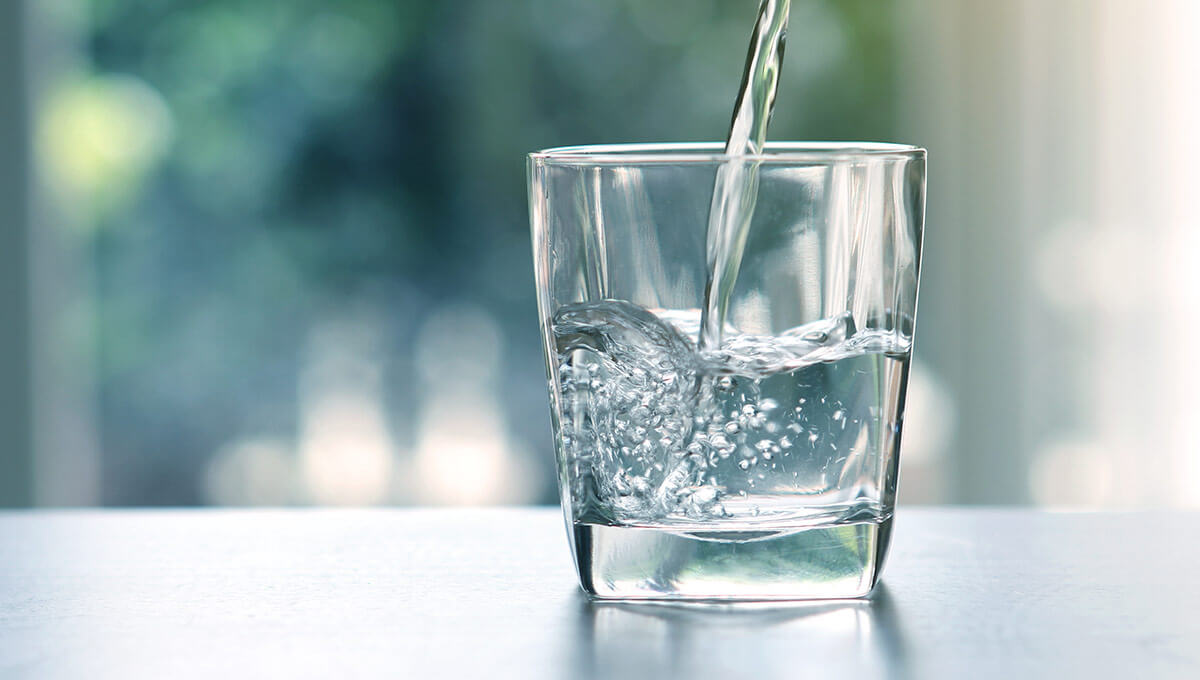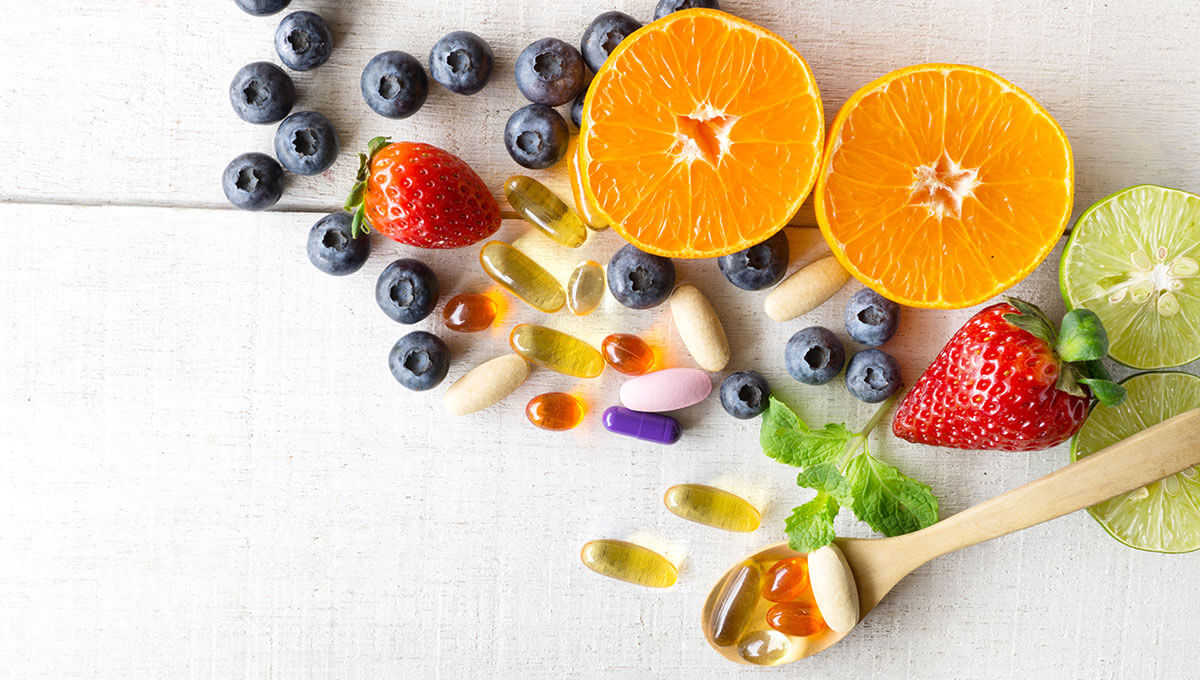
Ways to drink more water

Before the supplements are put on the market, they undergo a number of processes to guarantee their quality. Among the many important issues, the one related to the taste of the products cannot be overlooked. How is it improved? What ingredients do manufacturers use?
It is well known that simple sugars should be severely restricted in the daily diet. Although they provide a sweet taste and allow you to gain energy in a short time, they also promote the increase of body fat. The low glycaemic index of monosaccharides found in supplements provides important information to the potential consumer that consumption of the product will lead to a rapid change in blood glucose levels. Fluctuations in sugar levels, in turn, increase the chances of uncontrolled insulin release, which in turn leads to gradual weight gain.
Some formulations deliberately include simple sugars, such as carbo supplements, energy gels and isotonic drinks. However, manufacturers of dietary supplements know that monosaccharides are not everything. That's why complex carbohydrates such as maltodextrin and waxy maize starch can often be found in the formulations. Medium- and long-chain carbohydrates not only ensure a good taste of the supplements, but also reduce the previously mentioned risk of an unexpected insulin spike.
The sweet taste in dietary supplements does not always have to be linked to the addition of sugar. While this is understandable in the case of the previously mentioned products, it is rather inadvisable in the case of other products. Manufacturers of dietary supplements take care that protein supplements, BCAAs and pre-workout supplements are not a source of additional calories. At the same time they try to provide high-quality flavour variants - practically every athlete likes the refreshing taste of fruit or delicious chocolate. And this is made possible by low-calorie alternatives that mimic sweetness without delivering empty calories. These include both healthy sugar substitutes (e.g. stevia, xylitol, erythrol) and sweeteners (e.g. acesulfame K, sucralose).
In recent years, the supplement industry has seen a real boom in functional food products. Protein bars, zero-calorie sauces, high-protein creams or ready-made mixes of ingredients for preparing meals (e.g. brownie or oatmeal cakes) are a very good alternative to high-calorie and sugar-laden sweets. It is an ideal cheat meal option for people concerned about their diet and who love sweets. Manufacturers have made sure that the taste in products from this category reflects the taste of products found on the supermarket shelves. In what way? The composition is limited or devoid of sugar and hardened palm fat, and in their place shea butter, maltitol, polyols or inulin, among others, have been used.
The information below is required for social login
Sign In
Create New Account